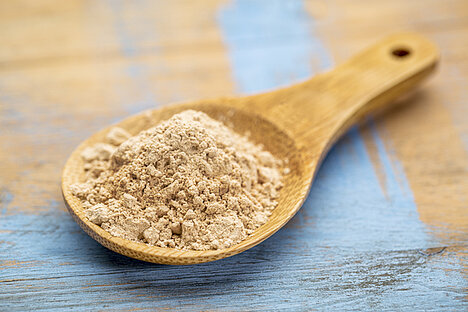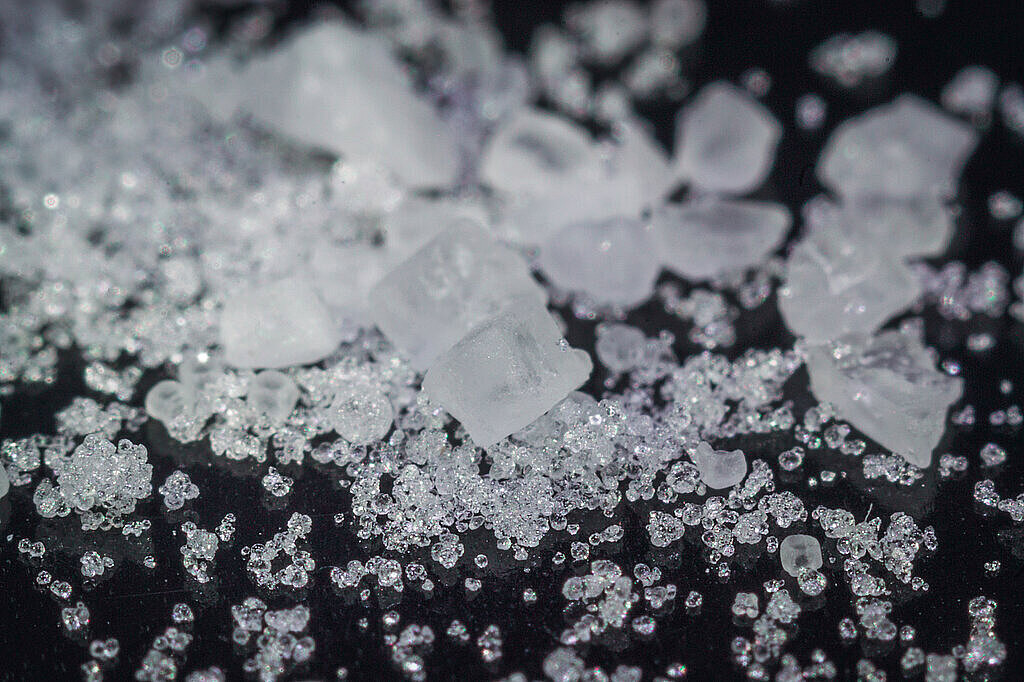Flavor enhancer

Have you ever heard of flavor enhancers? In this article you will find out what flavor enhancers are, how they work and what advantages and disadvantages they have.
What are flavor enhancers?
Flavor enhancers are substances that enhance or change the taste of food. They are often used to make bland or cheap ingredients more palatable. Flavor enhancers can be of natural or artificial origin. The best-known flavor enhancers are glutamate, inosinate and guanylate. They belong to the so-called umami substances, which provide a savory taste.
How do flavor enhancers work?
Flavor enhancers act on the taste buds in the mouth and brain. They stimulate the release of messenger substances that trigger a sense of well-being and appetite. This can lead to you eating more than you actually need. Flavor enhancers can also influence the perception of other flavors such as sweet, sour, salty or bitter.
What are the advantages of flavor enhancers?
The advantage of flavor enhancers is that they can make the food more attractive to the dog. This can be particularly helpful for picky or sick dogs that would otherwise not eat enough. Flavor enhancers can also help your dog drink more water, which is good for his kidneys.
What are the disadvantages of flavor enhancers?
Flavor enhancers also have disadvantages. For one, they can lead to obesity if your dog eats too much of them. This in turn can lead to health problems such as diabetes, cardiovascular disease or joint problems. On the other hand, flavor enhancers can lead to intolerances or allergies if your dog is sensitive to them. This can manifest itself in symptoms such as itching, skin rashes, diarrhea or vomiting.
How can you avoid flavor enhancers?
If you want to avoid flavor enhancers for your dog, you should pay attention to the ingredients list of the food. Avoid products that contain glutamate or other E-numbers. Also look out for terms such as "natural flavors", "yeast extract" or "hydrolyzed proteins", which are often hidden flavor enhancers. Of course, it's best to give your dog fresh or home-cooked food. Then you know exactly what's in it and can offer him a balanced diet.
Flavor enhancers are not bad for our dog per se. They can even help him to enjoy his food better and drink more. However, you should make sure that he doesn't eat too much and doesn't have any negative reactions. If you are unsure, you can always ask your vet or look for alternative foods.
If you notice any signs of hypersensitivity or poisoning in your dog, you should see your vet immediately. We are not a substitute for a vet, but we try to be as accurate as possible. Every dog reacts differently and we recommend you get a second opinion or consult your vet if in doubt.
Stay healthy and take good care of your four-legged friend!😊
Similar to Flavor enhancer
Monosodium glutamate (MSG) is the sodium salt of the amino acid glutamic acid. Glutamic acid is a natural substance that is found in many proteins and plays an important role in metabolism. MSG is...
Yeast extract is a product obtained from yeast. Yeast is a microorganism that converts sugar into alcohol and carbon dioxide. This process is also called fermentation and is used, for example, in...
Inosine monophosphate, also known as IMP, is a nucleotide that occurs naturally in various foods and is often used as a flavor enhancer in the food and feed industry. IMP is known for its ability to...
Guanosine monophosphate is a type of nucleotide that occurs naturally in various foods and is often used as a flavor enhancer in the food industry. It is part of the group of 5'-ribonucleotides that...



